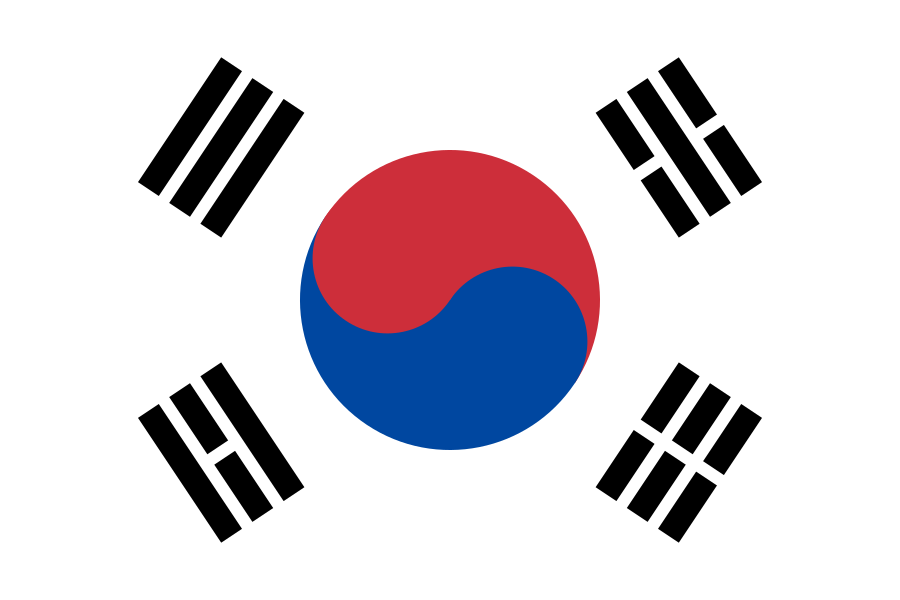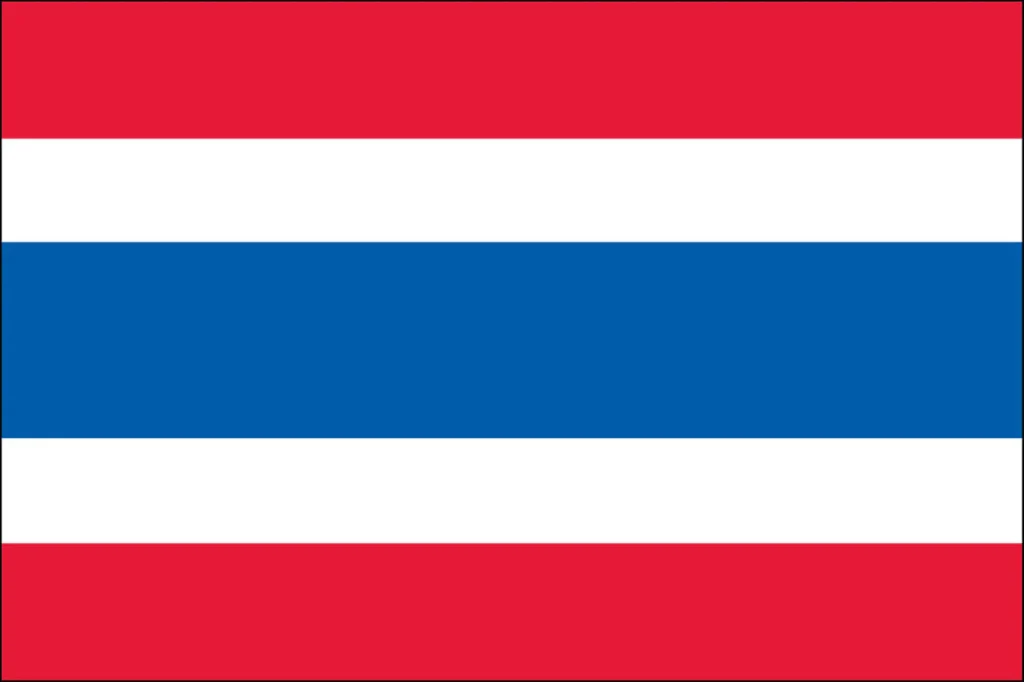The Conference on Neural Information Processing Systems (NeurIPS), often referred to as the “AI Olympics,” has long been one of the most prestigious platforms for AI research and innovation. However, in recent years, the event, held annually in various global locations, has faced increasing challenges amid the escalating US-China tech rivalry. As the conference moves to Canada this year, the rising tensions between these two tech giants have cast a shadow over the event, bringing new hurdles for participants, organizers, and researchers alike.
With the event bringing together top AI researchers, entrepreneurs, and industry leaders from around the world, NeurIPS serves as a global meeting point for cutting-edge advancements in artificial intelligence, machine learning, and computational neuroscience. But with heightened concerns around technology access, intellectual property (IP), and national security, the 2024 conference in Canada is set to witness unprecedented challenges that could reshape the future of AI collaboration and innovation.
The Role of NeurIPS in AI Research
Since its inception in 1987, NeurIPS has become a defining institution in the world of AI research. With its array of technical papers, workshops, and keynote speeches, it has contributed to breakthroughs in deep learning, reinforcement learning, and neural networks. The event has fostered partnerships, collaborations, and knowledge exchange across borders, helping to accelerate the development of AI technologies that have transformed industries from healthcare to finance, transportation, and beyond.
The conference’s reputation as the “AI Olympics” stems from its ability to attract the brightest minds in the field, creating an environment of fierce intellectual competition and groundbreaking discoveries. For many, the chance to present research at NeurIPS can launch careers and secure major funding opportunities.
The US-China Tech Competition: A New Obstacle
In the backdrop of this year’s NeurIPS is the increasingly strained relationship between the United States and China in the realm of technology. The US has accused China of engaging in espionage through its technology companies, leading to a series of trade restrictions and sanctions. Meanwhile, China’s growing influence in AI development has prompted the US to impose increasingly strict controls on its own technology exports to China, particularly in the semiconductor and cloud computing sectors.
This geopolitical standoff has resulted in a splitting of the global tech ecosystem, with companies and universities under pressure to decide which side of the fence they will sit on when it comes to their AI research collaborations. For example, US-based organizations and researchers may now find it difficult or politically risky to collaborate with Chinese counterparts, and vice versa. This is expected to directly affect NeurIPS 2024, as researchers from these two world powers navigate the increasingly complex landscape of global collaboration and the restrictions imposed by their respective governments.
Impact on NeurIPS: US-China Tensions Hit the AI World
The US-China tech competition has already left its mark on the AI community, with tensions surrounding data security, privacy concerns, and technological supremacy creating friction between institutions. At NeurIPS, these geopolitical tensions manifest in several ways:
- Restricted Participation: As countries tighten their control over technology exports and research collaborations, we may see restricted participation from researchers or companies based in China and the US. Visa restrictions, travel bans, and trade sanctions could limit the ability of top AI experts from both nations to attend or present their work at NeurIPS. Additionally, there may be increasing scrutiny of collaborative papers or research projects, making it harder for international teams to co-author work with colleagues from adversarial countries.
- Security and Privacy Concerns: With growing fears of cybersecurity threats and espionage, NeurIPS organizers will likely face increased pressure to implement stringent security measures at the event. The involvement of high-stakes AI research with potentially military or commercial applications means that sensitive intellectual property could be at risk. This raises questions about how open and transparent the sharing of research will be, as well as the possible implementation of strict data protection protocols to safeguard sensitive information.
- Funding and Industry Sponsorship: As a major AI event, NeurIPS attracts a wide range of sponsors, including tech giants from the US, China, and other regions. The ongoing geopolitical rivalry could impact the willingness of companies to sponsor the event or engage in joint initiatives. Companies in both nations may be reluctant to work together, fearing that it could expose them to political or legal risk. Additionally, research funding may be impacted, as government-imposed restrictions prevent Chinese researchers from accessing funds provided by US-based organizations and vice versa.
- Political Polarization of AI: The growing divide between the US and China over AI will likely influence the themes and discussions at NeurIPS. While the conference has traditionally been a space for neutral collaboration and the advancement of knowledge, geopolitical tensions may result in a more politicized environment. Discussions at the event could become polarized, with research presented through the lens of national interests rather than pure scientific inquiry.
NeurIPS 2024 in Canada: A Neutral Ground?
Hosting NeurIPS in Canada could be seen as an attempt to provide a neutral ground where AI researchers from both the US and China can come together. Canada has traditionally been a more open country in terms of fostering international collaboration and innovation. However, as the tech war between the US and China intensifies, the question remains whether the country’s neutral stance will be enough to shield NeurIPS from the effects of this broader geopolitical conflict.
While Canada may offer a haven for international AI researchers, the growing divide in AI development between the US and China could limit the overall impact and openness of the conference. As restrictions on the free flow of technology and research between these two countries continue to escalate, NeurIPS may struggle to maintain its reputation as a truly international and collaborative platform for AI development.
Looking Ahead: The Future of AI Collaboration
Despite the challenges posed by the US-China tech rivalry, AI research continues to thrive globally, albeit under a more fragmented and politically charged environment. The rise of regional AI powerhouses, such as the EU and India, could help mitigate the risks of polarization, offering new opportunities for cross-border collaboration outside of the US-China dynamic.
Ultimately, NeurIPS remains one of the most important conferences in the world for AI, and despite the hurdles created by the tech competition between the US and China, the event will continue to be a pivotal moment for the advancement of AI research. Researchers, industry leaders, and policymakers will need to navigate the growing tensions with care, ensuring that the future of AI is not defined by politics but by the shared pursuit of innovation and the advancement of knowledge.














